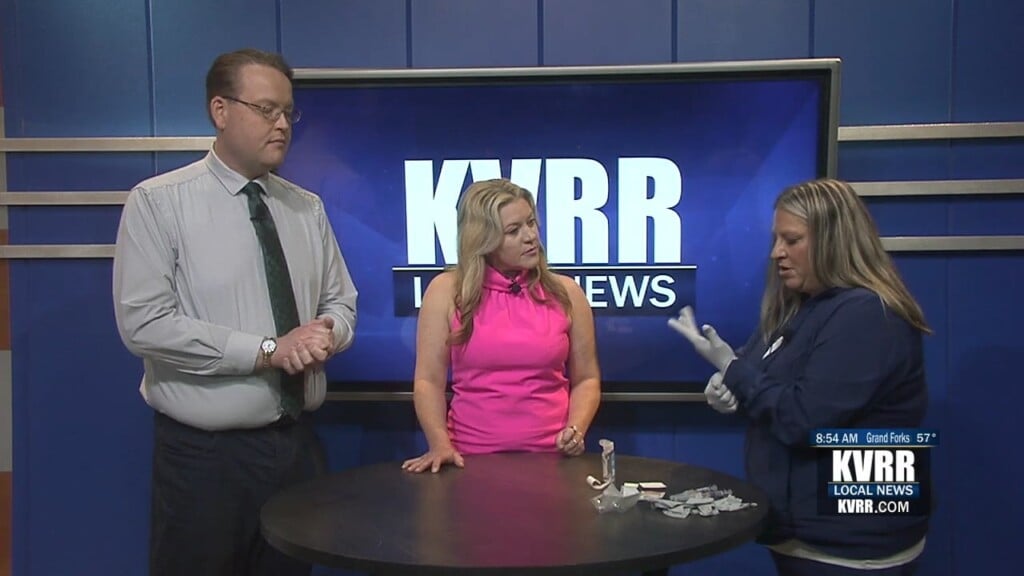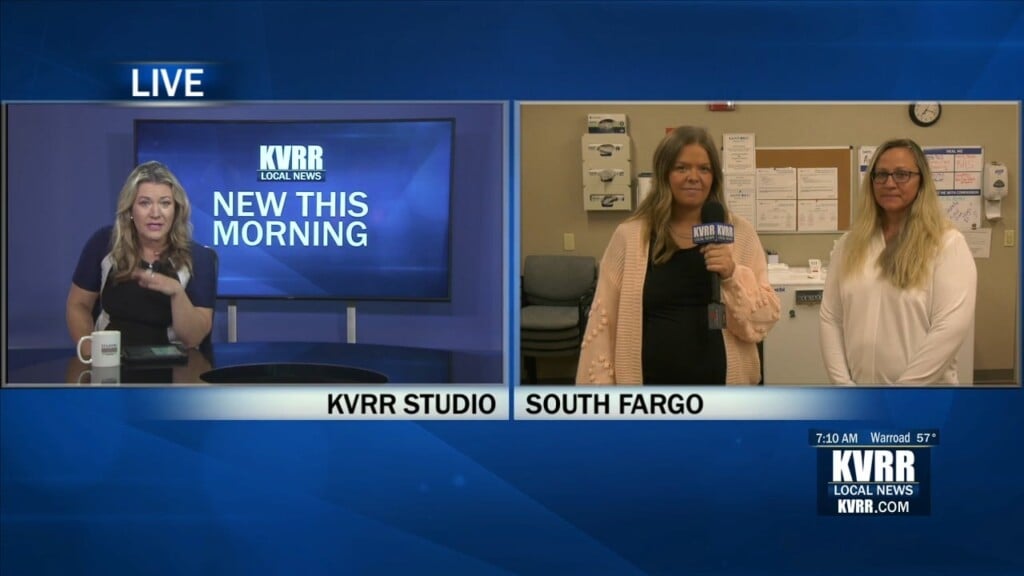Sen. Tina Smith addresses Native American communities negatively impacted by COVID-19
Smith held a Facebook roundtable with Lieutenant Governor Peggy Flanagan and Indigenous leaders from Minnesota
MINNEAPOLIS – Native American communities say they have been disproportionately affected by the coronavirus pandemic.
Minnesota Senator Tina Smith hosted a virtual roundtable with indigenous leaders across the state to address these concerns.
The greatest problem they have had to deal with is the CARES act.
Members of congress, including Smith, sought $20 billion in relief for tribal communities, but the federal government decided to set aside $8 billion.
Native Americans saw their relief money much later than most.
“It took for-damn-ever to get the Treasury Department to release those dollars,” said Smith. “I think most of the last money didn’t even get released until something like June 8th.”
The funds were also limited to COVID related expenses and did not address the lost revenue the Native American communities have experienced as a result of the pandemic.
“Our businesses are our only source of income most times. We don’t have the tax base that states or counties have, so when we decided to close down our businesses, we stopped all income we had,” said Prairie Island Indian Community President, Shelley Buck. “We had nothing to pay for our normal bills.”
The pandemic has not just hurt those on reservations, but also Native Americans in urban communities who have struggled to maintain housing.
“How do we get the resources directly into the hands of Native specific developers and how do we expedite that so that the process happens quicker?” asked American Indian Community Development Corporation’s Autumn Dillie. “Where are the folks going to go that are staying in hotels? Where are our relatives going to go that are staying in encampments?”
Senator Smith addressed those problems, saying the lack of affordable housing is part of a larger problem.
“The reason that there is such a shortage of housing in Little Earth is because that is the way it was designed to withhold resources from urban and Indigenous communities to keep you down,” said Smith. “That is what racist policy looks like.”
Smith also said change needs to come from local leaders who understand the Indigenous community, rather than those in Washington DC.






